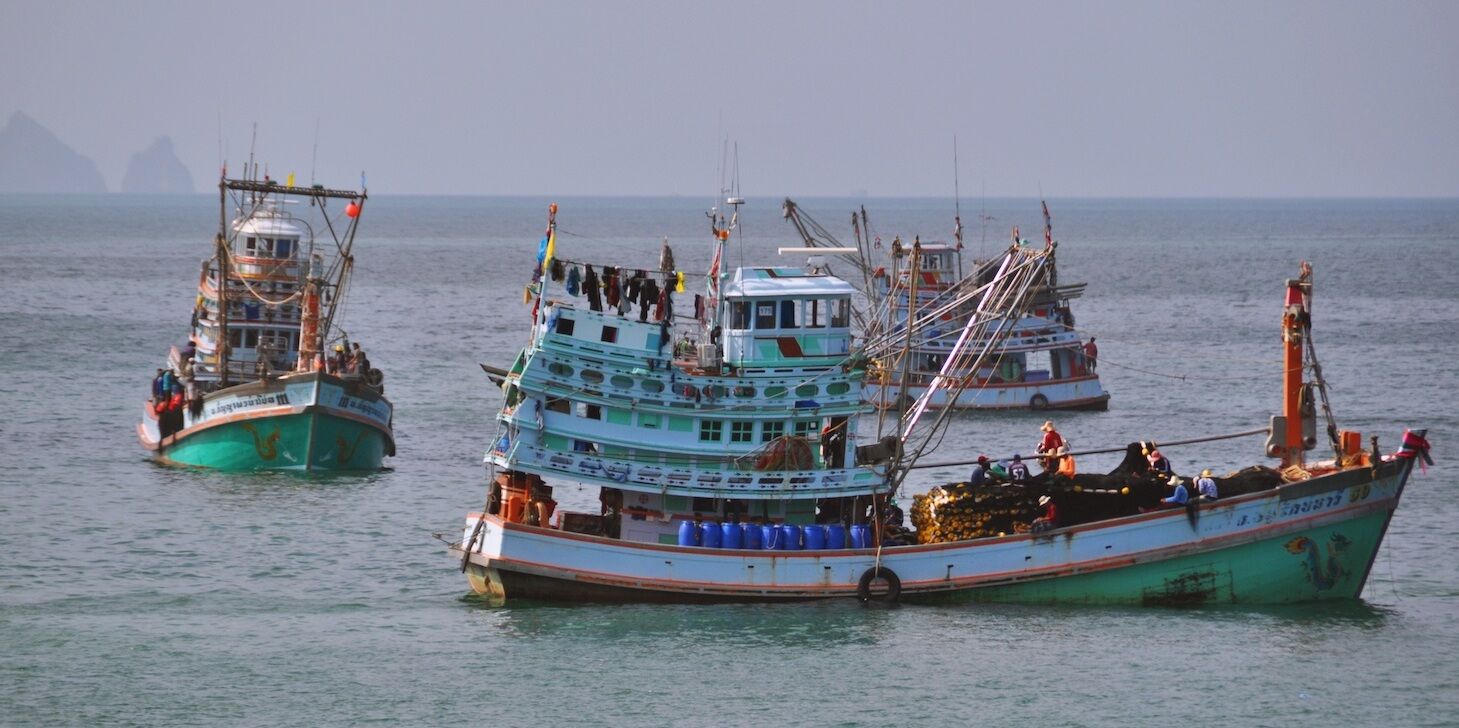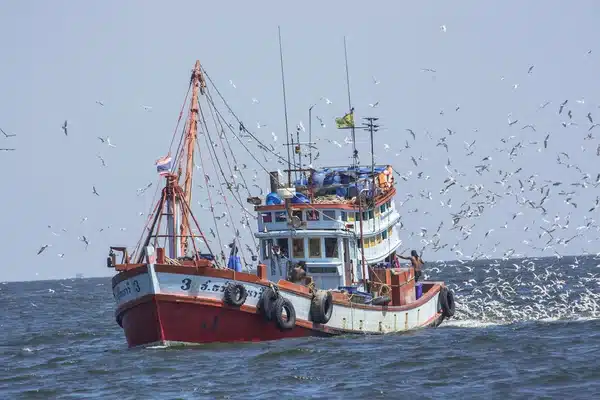Net gains: Fishing ban to boost marine life in Thailand

In a sweeping move to rejuvenate dwindling fish stocks, the Department of Fishery rolled out a crucial fishing ban spanning the coasts from Prachuap Khiri Khan to Surat Thani. Effective in two phases, from tomorrow, February 15 to May 15, and May 16 to June 14, the initiative targets different maritime zones, aiming to give marine life a much-needed break.
The ban’s first phase hits sea areas stretching from Laem Monglai in Prachuap Khiri Khan to Don Sak district in Surat Thani. The following phase will focus on regions from Laem Monglai to Hua Hin district in Prachuap Khiri Khan.
This significant announcement took place in Chumphon’s Mueang district, nestled between Prachuap Khiri Khan and Surat Thani, at a special ceremony led by Deputy Agriculture Minister Akkhara Prompow. During the event, fish and shrimp hatchlings were ceremoniously released to bolster local marine populations.
Bancha Sukkaew, Director General of the Department of Fishery, stressed the ban’s importance for allowing fish stocks in the Gulf of Thailand to replenish.
“Our aim is to ensure fish have the chance to spawn, thereby sustaining stocks, supporting the fishing industry, and safeguarding food security.”
With backing from government bodies, both fishermen and the public have been educated on the necessity of the ban.

A comprehensive survey pinpointed February 15 to May 15 as the prime breeding season for adult mackerel along these coastlines. Following their spawning, these hatchlings migrate to deeper waters, providing them the space to mature free from fishing pressure.
The ban comes bolstered by four meticulously crafted departmental regulations, developed through public consultations with fishermen, seafood vendors, and academic experts. Input from both domestic and international specialists ensured the regulations were sound before they dropped anchor, reported Bangkok Post.
Bancha was quick to remind that during non-ban periods, fishing methods must adhere to stringent legal standards.
Those caught flouting the ban face hefty penalties, ranging from 5,000 to a staggering 30 million baht, or fines up to five times the value of the illegal catch. Will this bold step herald a new era for Thailand’s marine bounty? Only the tides will tell.
Latest Thailand News
Follow The Thaiger on Google News:


























